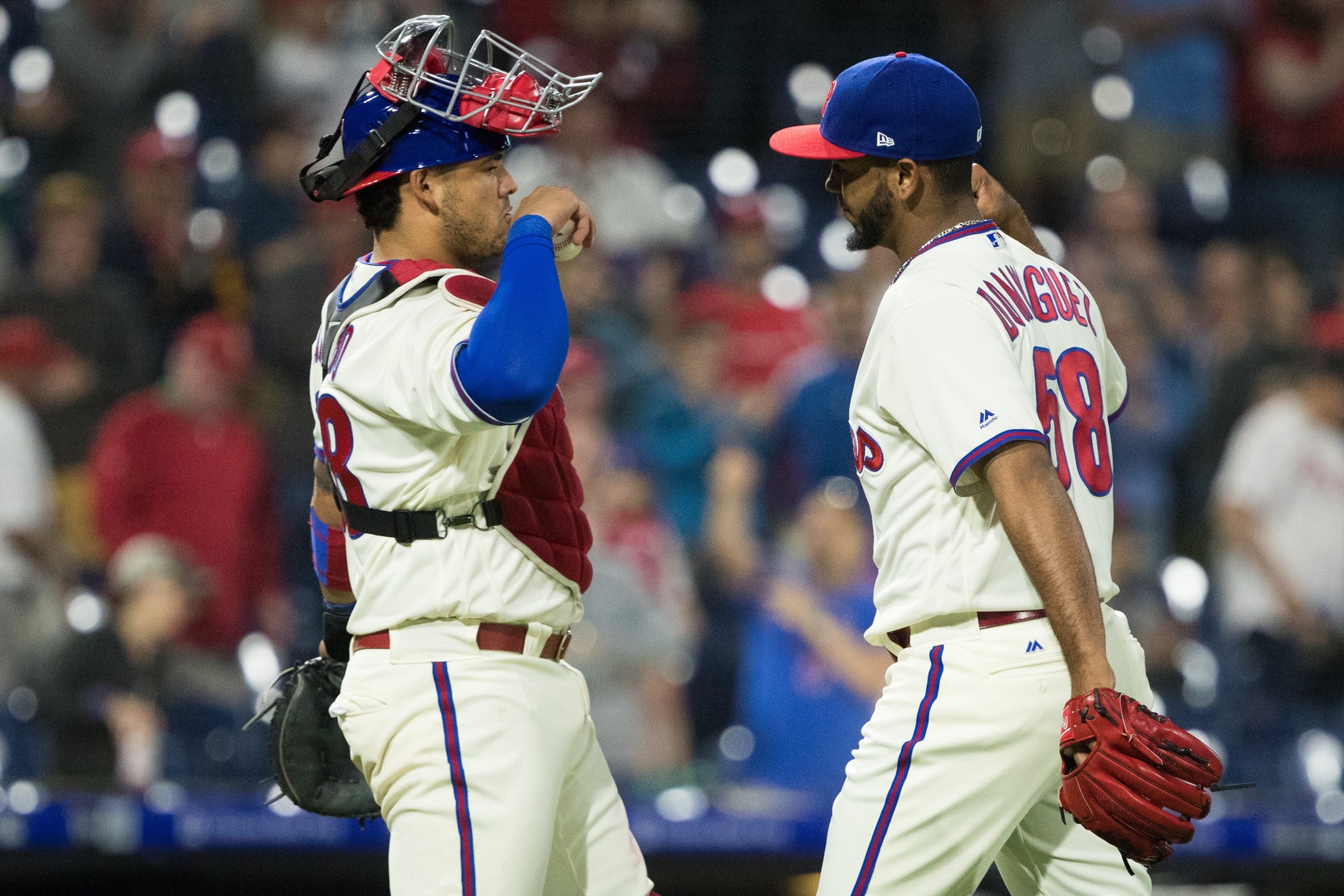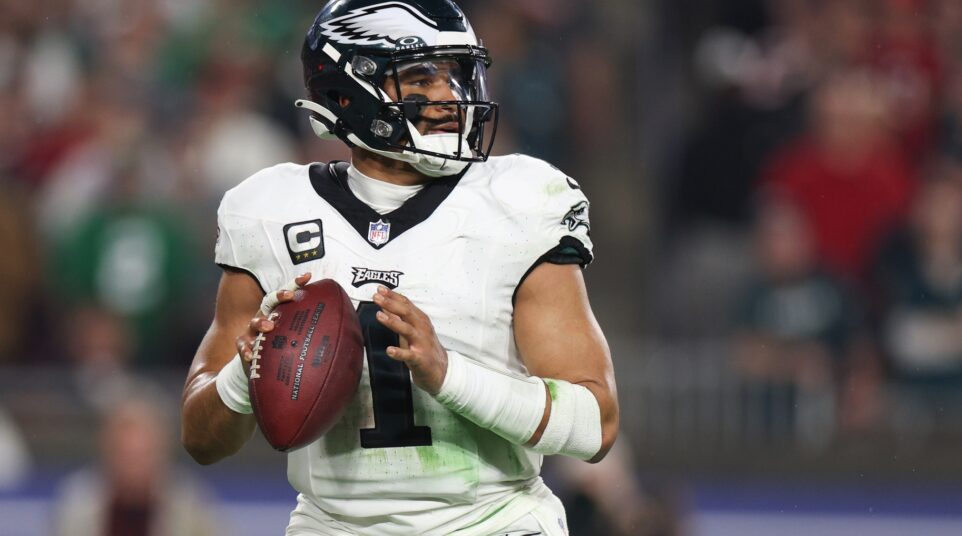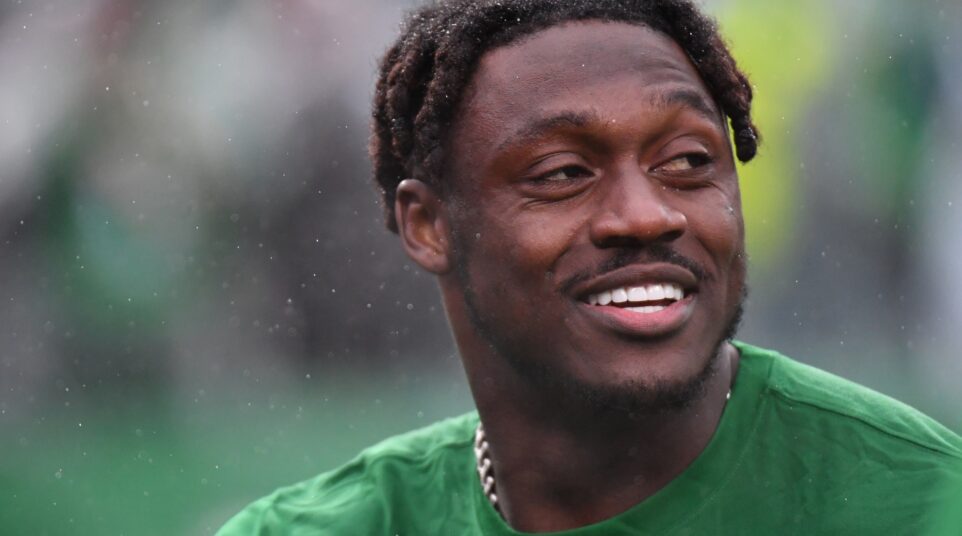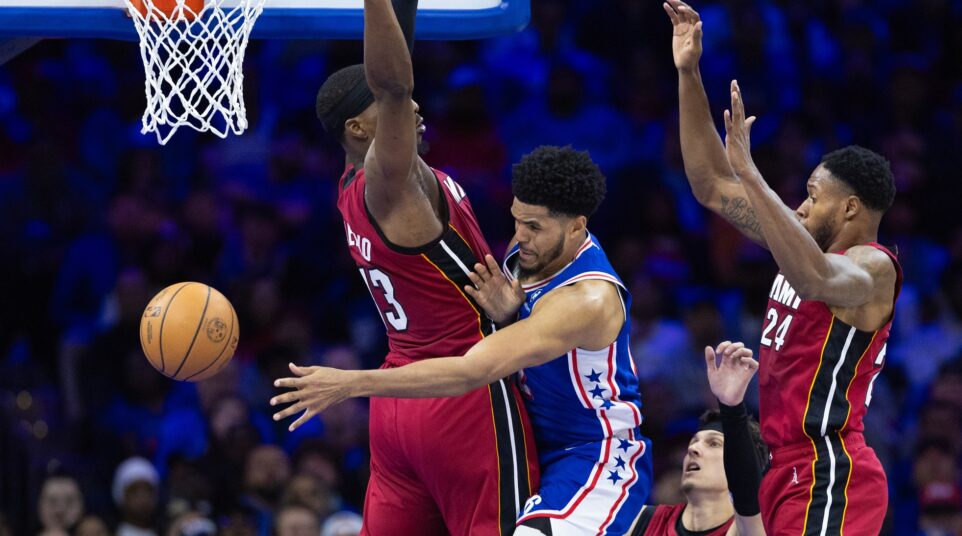
There is no Easy Fix for the Phillies' Bullpen Woes
I would imagine that Gabe Kapler knows there are few, if any, absolute truths when it comes to the strategical principles of baseball. If every manager followed the same set of guidelines and did the same things in the same situations, and they did these things every single time these situations occurred, there would be no need to have a manager at all. Players could just look at a chart and know exactly what to do next. Historically, I’m sure there have been several managers who didn’t stay managers for very long because that’s exactly what they did.
I think we often take for granted just how hard it probably is to be, for the lack of a better adjective, a “good” manager. Think about it. Theoretically, a “good” manager must empathize with his players by understanding what makes them tick on a personal level. A “good” manager has to know his players’ physical and mental strengths and weaknesses, and he has to understand what will be needed in order to develop and maintain the trust and respect of his team. A “good” manager will consistently do these things while also demonstrating the ability to process information on the fly in order to maximize the athletic output of his players in a volatile setting that is riddled with a wide-ranging set of variables.
In other words, this shit is probably much more difficult than it seems.
Those who think about baseball strategy by using a constrained set of restrictive guidelines aren’t thinking about baseball proficiently. The game has evolved, and as recent history shows, the organizations that have embraced a willingness to adapt have had a great deal of success. To that end, those who steadfastly cling to the dated belief that all relief pitchers must be utilized in defined roles are restricting their thinking to a false thesis. Historically, many teams have used a structured bullpen blueprint to close out games with regularity, but taking the more progressive approach of examining matchups while simultaneously utilizing the best relievers in the highest leverage situations has also proven to be an effective strategy for certain teams.
With that, Kapler surely recognizes his bullpen last night almost once again choked away in the ninth inning what looked to be a low-stress win over Colarado. Low-stress it was not:
Let's check in on the 9th in Philadelphia and… ah. Yes. I see. pic.twitter.com/U4gsODmEXj
— Mike Petriello (@mike_petriello) June 13, 2018
Ultimately, Seranthony Dominguez was summoned to close out the game, and he did, but not before allowing what was nearly a grand slam off the bat of DJ LeMahieu and a thick rope to right field that was flagged down by Aaron Altherr. The Phillies were lucky to escape with a win last night after a growing sample of games where they have not been so fortunate. In light of this, Kapler must reassess the pieces he’s working with and develop a new plan for how he intends to utilize his bullpen moving forward. The Phillies’ bullpen is loaded with tantalizing arms that have, on occasion, shown the ability to limit contact and overpower hitters, but inconsistency and capriciousness has plagued the group in recent weeks. In case you haven’t arrived at this conclusion yet, allow me to inform you that this team doesn’t have a lights-out trio that it can simply trot out at the back end of games every single night.
At the same time, Kapler’s unpredictable bullpen usage has yielded particularly poor results for an extended period of time. It’s insane that Dominguez appeared in last night’s game after throwing 41 pitches in two innings of work on Sunday afternoon. If Kapler continues along his current path, he runs the risk of diminishing the effectiveness of what is his most talented and currently only reliable bullpen piece.
So what should he do? Start by entrenching Dominguez as the closer. Yes, at times, he will have to use lesser pieces to navigate higher leverage situations, but given the ineptitude of his bullpen’s performance in closing out games, he can at the very least:
1) Protect Dominguez.
2)Enhance his team’s ability to prevent crippling ninth inning losses.
As for the seventh and eighth innings, he will have to continue to play matchups, hope a few guys get hot, and let it ride. It’s an unenviable spot for Kapler, and it raises one more point about being a “good” manager. Sometimes a manager can empathize, adapt, and effectively synthesize information, but it means little if he doesn’t have the horses. Kapler probably knew this prior to becoming the Phillies manager, and if he did not, he certainly does now.





